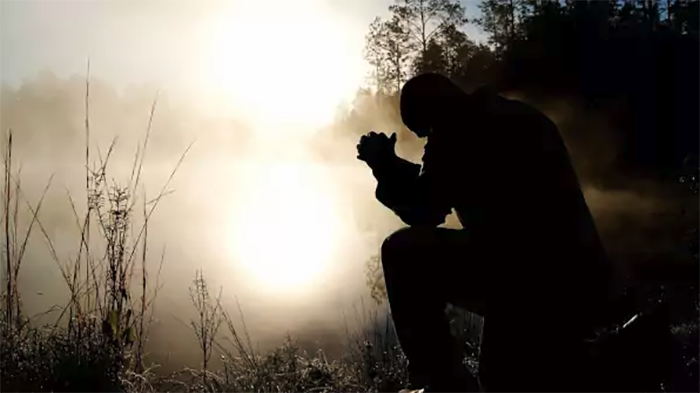
In our more reflective moments, we sense the importance of prayer, yet we struggle to pray. Sustained, deep prayer doesn’t come easy for us. Why? Fr. Rolheiser writes that we struggle to make time for prayer. Prayer doesn’t accomplish anything practical for us, and it’s a waste of time in tending to the pressures and tasks of daily life, so we hesitate to go there. Coupled with this, we find it hard to trust that prayer works and brings about something real. Beyond that, we struggle to concentrate when we try to pray. Once we settle in to pray, we soon feel overwhelmed by daydreams, unfinished conversations, half-forgotten melodies, heartaches, agendas, and the impending tasks that face us as soon as we get up from our place of prayer. Finally, we struggle to pray because we really don’t know how to pray. We might be familiar with various forms of prayer, from devotional prayers to different kinds of meditation, but we generally lack the confidence to believe that our particular way of praying, with all its distractions and missteps, is prayer in the deep sense. One of the places we can turn to for help is the Gospel of Luke. More so than any of the other Gospels, his is the Gospel of prayer. In Luke’s Gospel, there are more descriptions of Jesus in prayer than in all the other Gospels combined. In Luke’s Gospel, Jesus prays a lot. Ultimately, we also want Jesus’ depth and graciousness in our lives. Like Jesus’ disciples, we also know that we can only attain this through prayer, through accessing a power that lies inside the deepest depth of our souls and beyond our souls. We know too that the route to that depth lies in journeying inward, in silence, through both the pain and the quiet, the chaos and the peace, that come to us when we still ourselves to pray: “Lord teach me.”
